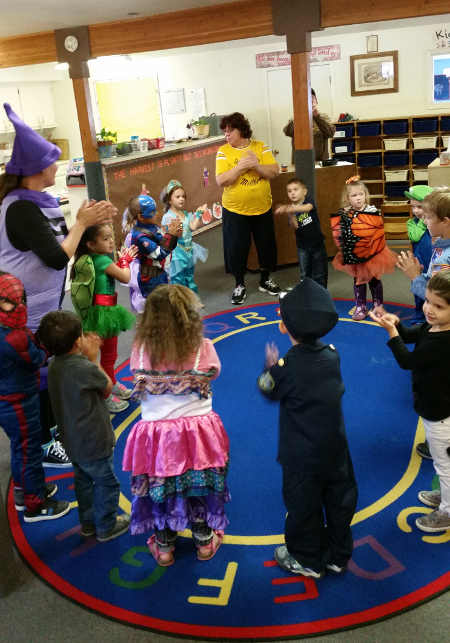LAKEPORT, Calif. – The latest Lake County Crop Report shows a slight drop in value in 2014, which still came in as the second-highest year for agriculture value in the county's history.
Lake County Agriculture Commissioner Steve Hajik delivered the annual report to the Board of Supervisors on Tuesday.
Hajik's report, which also was submitted to California Department of Food and Agriculture Secretary Karen Ross, puts the county's gross agricultural production at $93,096,266.
That's a 3-percent decrease from the total reported in 2013 – $96,173,111 – which was the county's all-time highest agricultural production number, Hajik said.
Hajik said his report reflects the gross value of commodities at the time of harvest – with the exception of pears.
The pear numbers, he said, represent the value of the pears after they are packed and processed.
Winegrapes continued to be the county's largest crop in 2014, Hajik said.
The 2014 gross winegrape value was $58,866,795, a 4-percent decrease from 2013. Tonnage also was down in 2014, a decrease of 11 percent compared to 2013, while total grape acreage increased by 64 acres to 8,782, Hajik reported.
Hajik said tons per acre decreased by 9 percent while the average price per ton increased by 8 percent.
The report showed that total tonnage of red varietals was 22,206 in 2014, while whites came in at 16,467.
The county's top-produced winegrape varietals for 2014 were Cabernet Sauvignon, Sauvignon Blanc, Petite Sirah, Chardonnay, Zinfandel, Merlot and Syrah, with 33 other varieties – including Aglianico, Tempranillo and Viognier – also produced in the county, the report showed.
The county's No. 2 crop last year was pears, which had a gross value of $20,736,719, down 5 percent from 2013. Hajik reported that total tonnage was 31,946, a decrease of 7,130 tons from the previous year.
Total pear acres in 2014 came in at 2,073, which Hajik said remained the same as the previous year, although some orchards had been removed, he told the board.
Lake County's No. 3 crop for 2014 was walnuts, with a gross value of $6,732,000, according to Hajik.
Walnut value last year was up by 7 percent from 2013 while production was down by 14 percent. Hajik said the price per ton increased by 22 percent and acreage increased to 3,932.
Hajik's report noted increases in areas including nursery production, 1 percent; livestock and poultry products, 1 percent; field crops, 18 percent; and timber, 210 percent.
Timber value was at a five-year high, according to Hajik's report.
He said timber production goes up and down every year. A five-year comparison included in the crop report showed the dynamic nature of timber production numbers: 2014, $397,690; 2013, $181,920; 2012, $7,900; 2011, $45,915; and 2010, $207,730.
Decreases were seen in categories including miscellaneous fruit, 19 percent; vegetables, 30 percent; and livestock production, 15 percent, according to the report.
Regarding livestock production, “The drought has a lot to do with that,” Hajik said.
During Hajik's report to the board, Supervisor Rob Brown asked if next year's report will show a change in timber due to the wildland fires, noting there would be a lot gone – about 6,800 acres of forest. Hajik suggested the report would show differences if the timber is harvested.
Brown also raised the issue of seeking assistance from the US Department of Agriculture for those timber producers who have lost their crop.
Hajik told the board he has reported $10 million in agricultural losses – specifically, for timber, grapes and rangeland – to the Federal Emergency Management Agency.
Supervisor Jim Comstock said he knows of a fair amount of winter rangeland eliminated by the fires.
Although overall production value was down in 2014, the last several years have shown a strong upward trend for the value of Lake County's total agricultural production, based on the report.
The report's five-year value comparison showed that in 2010 production totaled $64,272,494 and $66,824,284 in 2011, jumping to $84,842,411 in 2012.
That was followed by another value increase to reach the record in 2013, $96,173,111, rolling back slightly to the 2014 total of $93,096,266.
Email Elizabeth Larson at This email address is being protected from spambots. You need JavaScript enabled to view it. . Follow her on Twitter, @ERLarson, or Lake County News, @LakeCoNews.
2014 Crop Report - Lake County, Calif.




 How to resolve AdBlock issue?
How to resolve AdBlock issue? 



